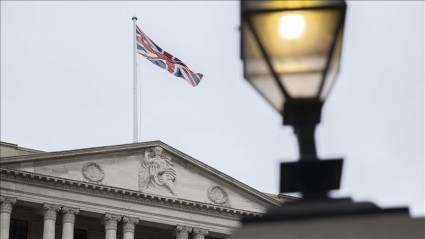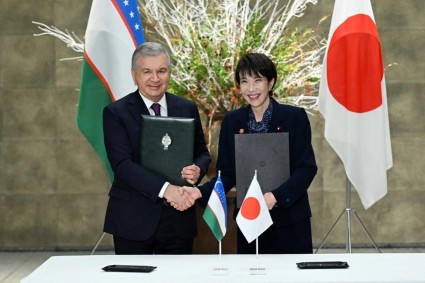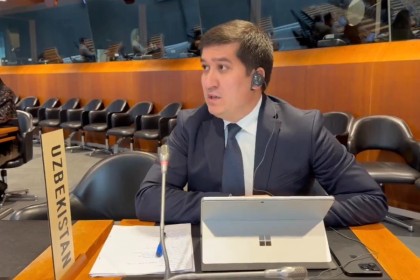Draft Civil Service Bill was proposed for public consultation. The document is intended at ensuring the effectiveness of civil service, creating of an effective system for admission to civil service, enhancing the professionalism and competence of civil servants, and raising their liability.
It is proposed to divide the civil service positions in terms of responsibility and authority into categories (A to G), groups (I-III) and qualification grades. The highest grade is awarded to civil servants by the President, 1- 3 grades by the Prime Minister, and the 4- 6 grades by heads of the bodies.
The list of positions classified by government agencies, categories, groups and other attributes shall be be included in the register of civil service positions.
The bill establishes that civil servants and persons applying for public office must meet the qualification requirements.
The document describes the duties of civil servants, according to which they must take oath when taking the civil service, perform their duties in good faith, constantly improve their skills and qualification, observe the ethics, avoid conflicts of interests, be objective and impartial, not take actions which may lead to discrediting of a government body, be unbiased or not to show special disposition to any legal or physical persons , rule out the possibility of any impact on their professional activities.
"Political, economic expedience, as well as personal motives and other subjective reasons can not serve as a basis for violation by civil servants of laws and ethical rules," the document says.
A civil servant has the right for a pay in accordance with his/her position and qualification, for an annual paid vacation, for professional retraining at the expense of budget, promotion, safety working conditions, guarantees and compensation due to possible reorganization and liquidation of government bodies, pension, taking into account the length of service and social protection.
The bill establishes a number of restrictions related to the status of civil servant. In particular, a civil servant has no right to engage in other paid activities in his spare time, except pedagogical, scientific and other creative activities, in entrepreneurial activity personally or through proxies, be a member of the management body of a commercial organization (unless otherwise provided by law).
The bill establishes the principle of equal access to public service. Citizens of Uzbekistan who have professional education and who meet the qualification requirements established by the legislation for the relevant public office, shall have equal access to civil service.
The appointment to public office shall be carried out on a competitive or uncompetitive basis. Information on the date, venue, conditions of competition, as well as its results are subject to publication on official websites of state bodies.
In order to enhance the efficiency of the civil service and to counter corruption, it is envisaged to carry out rotation of civil servants through their appointment to other state offices in the same or another state agency.
According to the document, the state provides social protection of civil servants, including mandatory life and health insurance.














